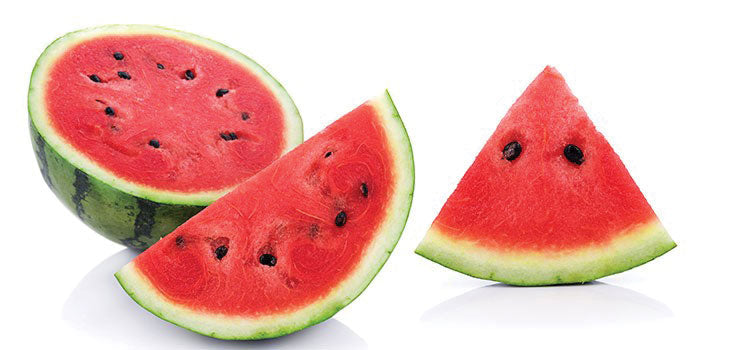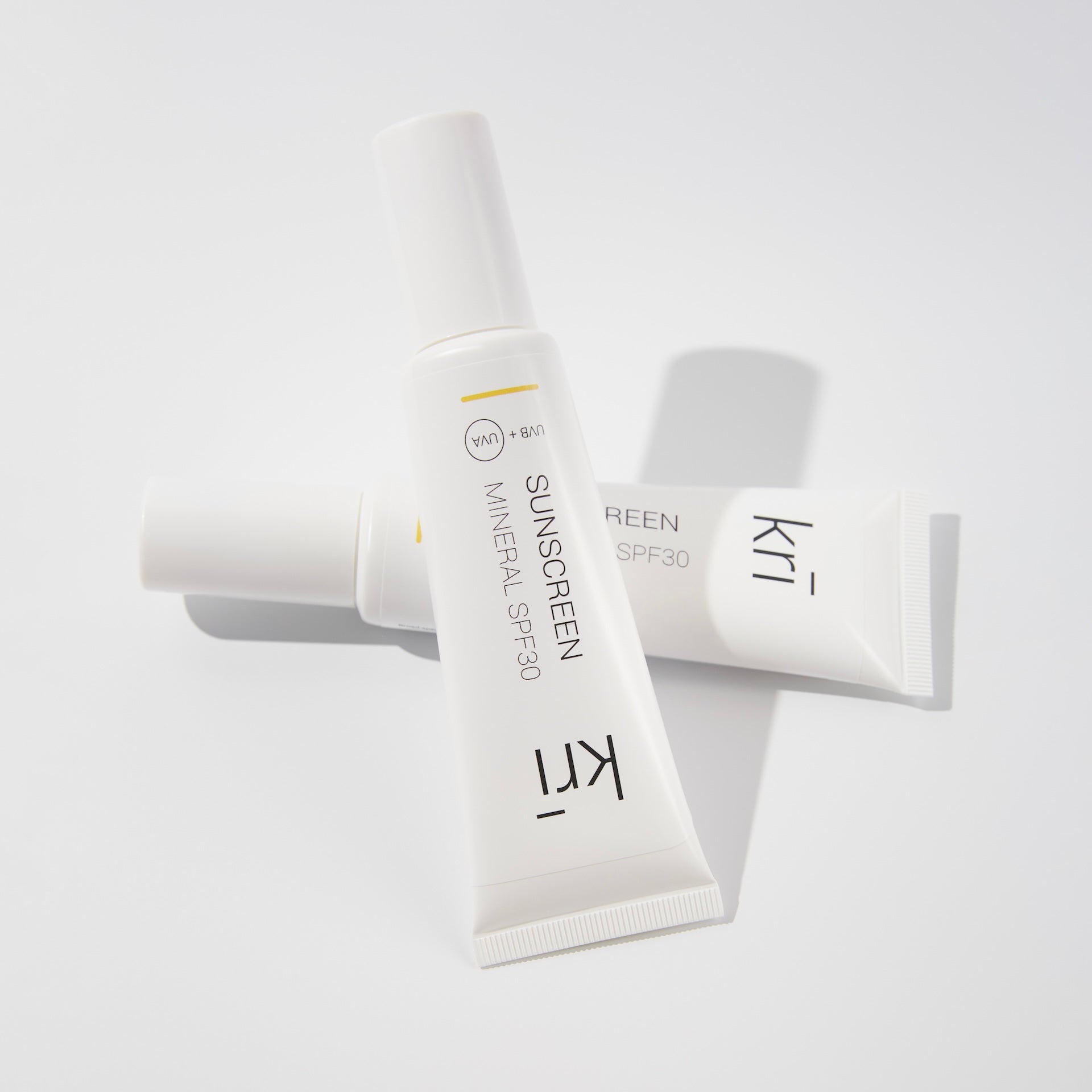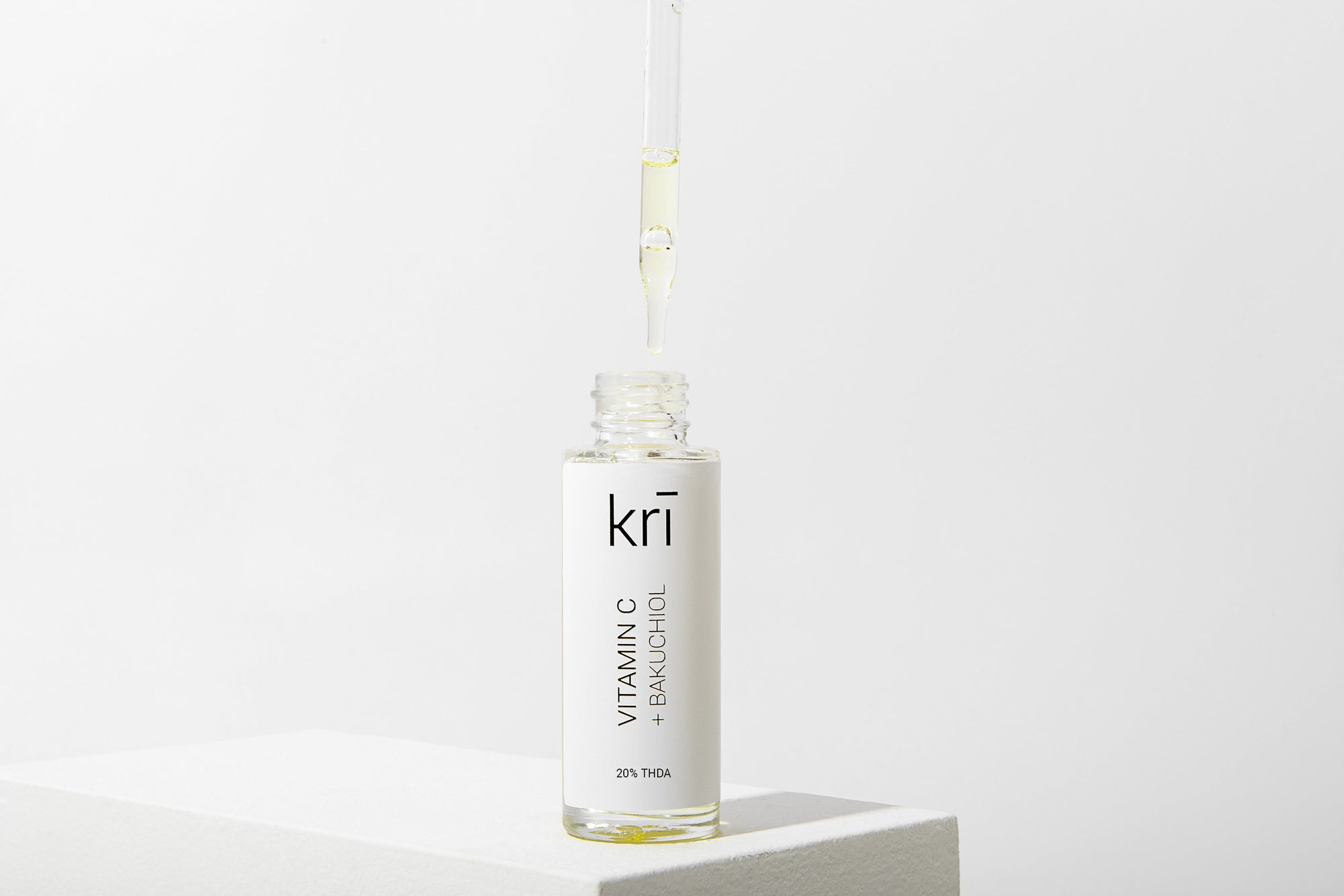An incredibly lightweight and fast-absorbing oil with a dry, silky touch, melon seed oil is one of our favourite plant-based ingredients. It's naturally rich in antioxidants and full of fatty acids that improve skin elasticity and moisture. Unlike most natural oils, it has virtually no scent. Melon seed oil is suitable for those with combination, oily and blemish-prone skin types. As a natural resource, it's one of the most sustainable skincare ingredients.
What Is Melon Seed Oil?
This is not your average watermelon. After a long period of drought in the Kalahari Desert, farmers noticed that one crop managed to grow despite the harsh environment: the wild watermelon. Also known as the Kalahari melon (Citrullus Lanatus), the fruit was largely overlooked for hundreds of years despite local tribes using it as a food source and healing from the sun. Scientists began to explore the properties of the hardy plant and quickly found it was bursting with potential.
Is Watermelon Seed Oil Sustainable?
Yes! One of the best things about the Kalahari melon is that its biological properties make it a sustainable ingredient. Unlike many trendy natural ingredients, wild watermelon seed oil is sustainable and able to support demand without threatening biodiversity. Kalahari melon farming has a low impact on water supplies and can be grown in areas where other crops cannot survive, so it doesn't contribute to deforestation. Seasonal growth means production can be increased or decreased with market demands, and farming can help support small rural communities. It's truly a special ingredient in terms of sustainability and ethical sourcing.
Benefits of Melon Seed Oil
Kalahari melon seed oil offers a lot of skincare benefits, and its use can help soothe and restore. Take a look at what this sustainable ingredient can do:
-
Deeply moisturising: Rich in Vitamin E, research suggests that watermelon seed oil offers a dose of nourishment and serves as a good humectant (meaning it helps the skin retain moisture). To compare, it contains 5 x more Vitamin E than argan oil and 10 x more than marula oil.
-
Barrier defence: With levels of linoleic acid ranging up to 70%, melon seed oil has been suggested as a beneficial supplement for the skin's natural barrier as it serves as a building block essential for the cell wall. This is essential for those with skin conditions or sensitivities. It also aids tissue regeneration and works to maintain normal growth.
-
Plumping: Kalahari melon seed oil can help reduce the appearance of fine lines and wrinkles, reduce puffiness, and lead to tighter looking skin thanks to its rich content of essential fatty acids, vitamins and minerals. Clinical trials also highlight its skin-softening and anti-ageing properties.
-
Controls acne: Fatty acids have been shown to have free-radical fighting properties which help kickstart anti-inflammatory responses in the body. This, along with melon seed oil's ability to restore unbalanced sebum production, makes it a good choice for blemish-prone or oily skin.
Kalahari Melon Seed Oil in Krī Skincare Products
It's the primary carrier oil in our antioxidant-rich Vitamin C + Bakuchiol serum. If you've used one of these products, you'll know just what we mean about the superior lightweight texture and absorption of melon seed oil. Because it's so lightweight and non-greasy with an inoffensive scent, it's easy to use it during the day when your skin most benefits from Vitamin C.




